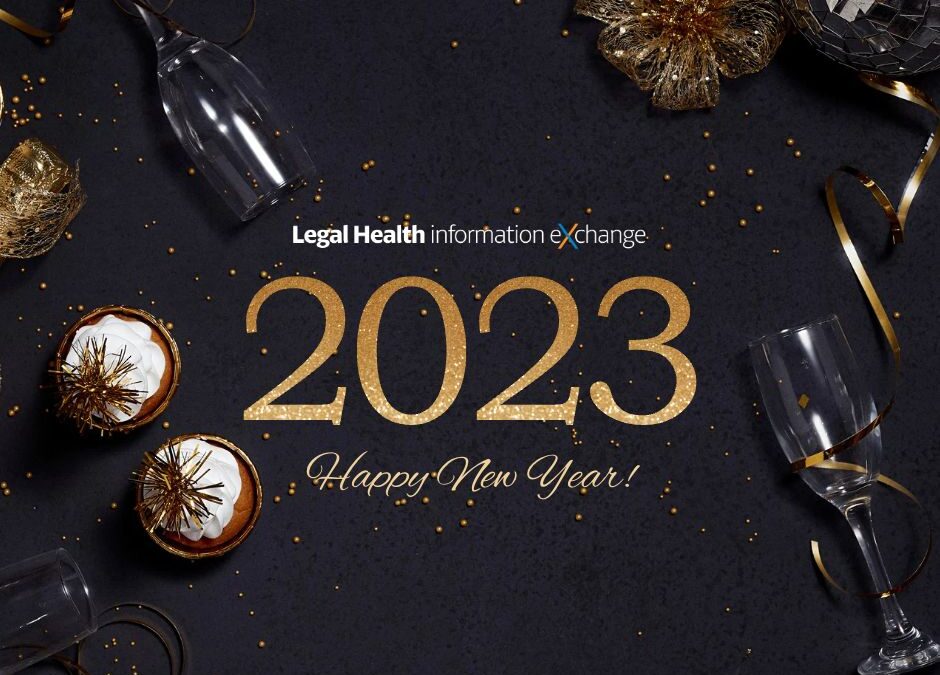Yesterday, a federal court issued a highly anticipated ruling in Estate of Gene B. Lokken v. UnitedHealth Group—denying UnitedHealthcare’s attempt to dismiss certain state law claims and allowing breach of contract and good faith claims to move forward. It’s a major development in a case when back in November 2023 UHG was first sued over AI-driven coverage denials under its Medicare Advantage plans. Given this new ruling, it’s a perfect time to revisit the original lawsuit’s claims and the broader legal risks that AI poses in healthcare.












